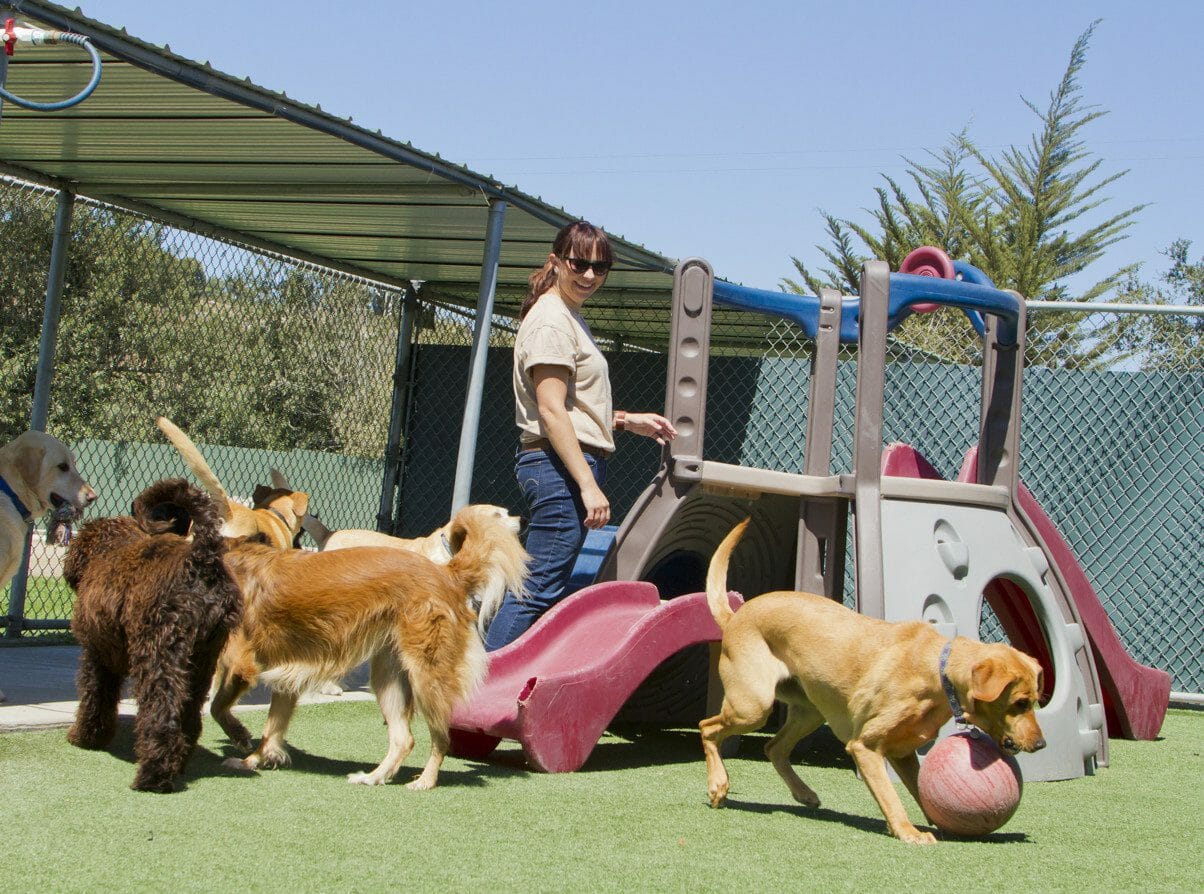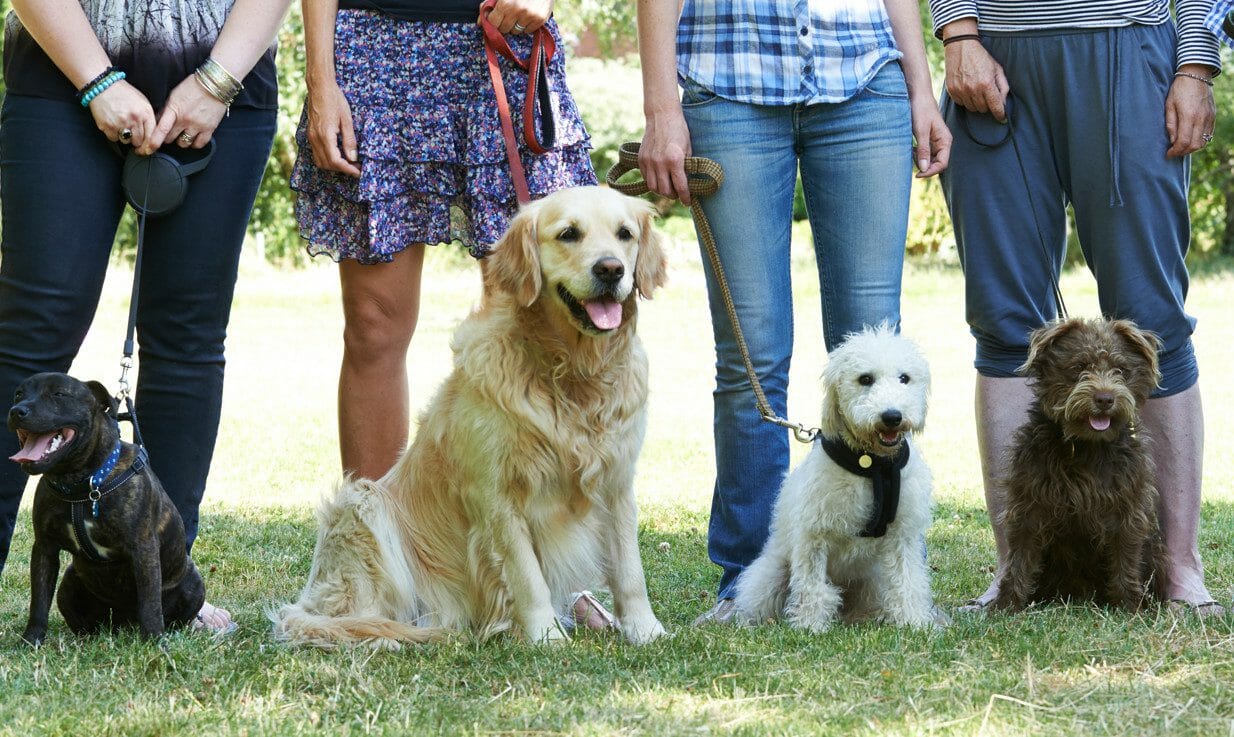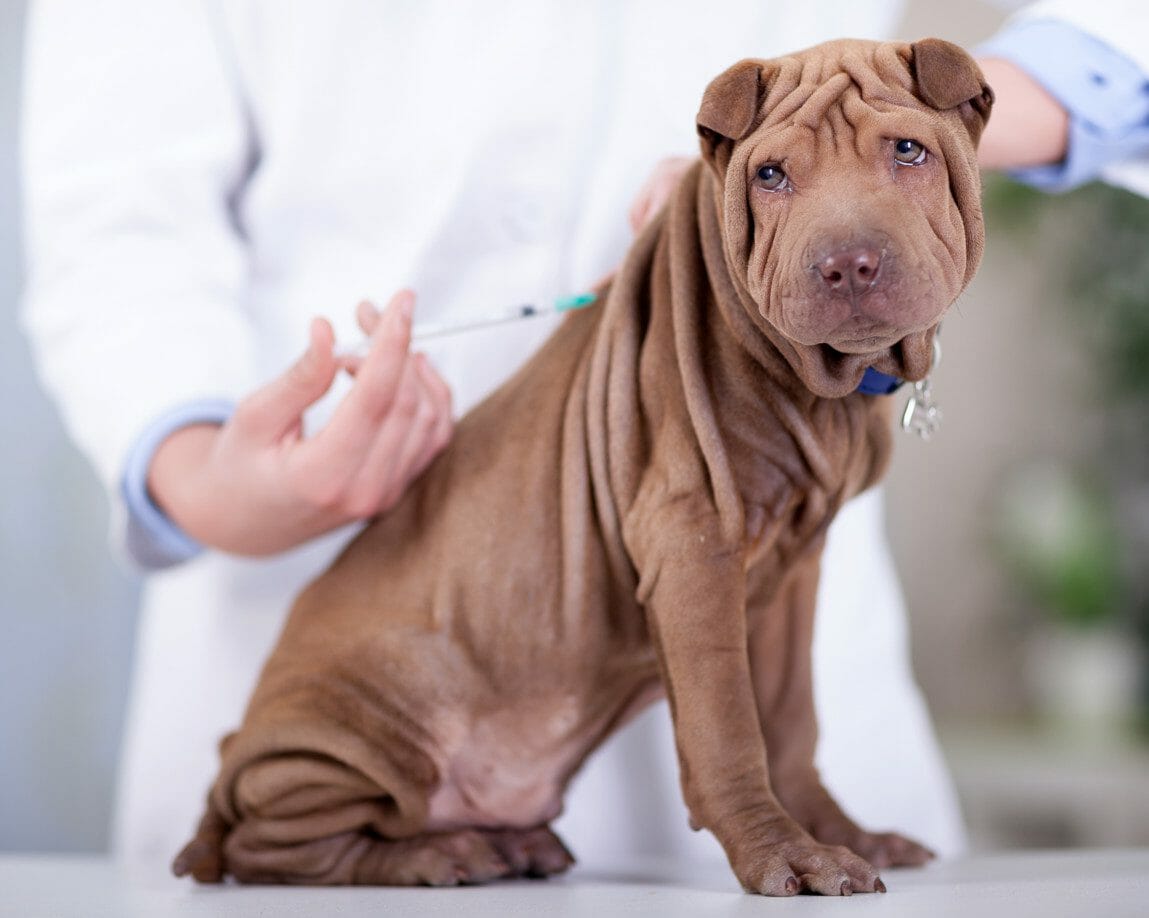Kennel Cough Treatment
Kennel cough is a highly infectious disease that can affect dogs at any stage of their lives. Although not usually life-threatening, if a dog is exhibiting any of the symptoms, the canine should be taken to the vet and isolated from other animals to prevent further spread.
In most cases, kennel cough in dogs is easily treated. However, the disease can become serious for puppies and canines with compromised immune systems.
Much like the human cold, this disease that may pass on its own without intervention. Treatment for mild cases typically involves one to two weeks of rest. A veterinarian may also prescribe antibiotics along with cough medicine. Sometimes, vaporizers or nebulizers that help a dog inhale an antibiotic may be prescribed. However, this is quite rare.

What Is Kennel Cough?
Kennel cough is the commonly used name for infectious tracheobronchitis, which is a highly contagious respiratory condition frequently found in dogs. Another term is infectious bronchitis.
In much the same way that humans catch colds, kennel cough could be the result of one of several different viruses. The most common cause is a bacterium called Bordetella Bronchiseptica. Dogs that are infected by Bordetella are often infected by one of the following viruses at the same time:
- Canine parainfluenza virus
- Canine adenovirus
- Canine distemper virus
- Canine herpes virus
- Canine reovirus
- Canine respiratory coronavirus

How Does Kennel Cough Spread?
Bordetella and associated viruses are passed through water droplets in the air, by direct physical contact between dogs (such as when touching noses), or through objects such as food and water bowls, toys, and leads.
When these pathogens enter a dog, they attack the cilia lining within the respiratory tract. This causes the upper airway to become inflamed and irritated which, in turn, brings on a dry cough. Once the dog has kennel cough, they are more susceptible to catching a secondary infection.
Although more common during the summer months, infectious bronchitis can be caught throughout the entire year. The disease got its name because it commonly occurs where lots of dogs congregate. Prime breeding grounds would be in doggie daycare centers, dog parks, dog shows, training classes, or boarding kennels. Many of these places will require dogs to have the Bordetella vaccine to help prevent the spread.
Kennel Cough Symptoms
The symptoms of kennel cough can appear anytime between 3 and 10 days after exposure. One of the most notable indicators that a dog is infected is the distinctive coughing sound. This is most often described as a loud “honking” sound. Often, it sounds as though the dog is trying to vomit something up. Other symptoms to be aware of include:
- Sneezing
- Runny nose
- Lethargy
- Poor appetite
- Low fever
Although easily treatable, even healthy dogs should be seen by a veterinarian to rule out more serious conditions. This is because both canine influenza and canine distemper start with similar conditions to kennel cough.
Other conditions that can cause a dog to cough include:
- Collapsed trachea
- Asthma
- Bronchitis
- Heart disease

How Long Does Kennel Cough Last?
Usually, a canine will recover within a few weeks. If secondary infections are present, this could cause complications that harm the dog more than the kennel cough itself. While ill, it is possible for the dog to pick up opportunistic bacteria in their respiratory tracts. These include:
- Streptococcus
- Pseudomonas
- Pasteurella
Bacteria such as these could potentially cause sepsis or pneumonia, which intensifies the severity of the infection. A veterinarian will be able to identify these complications through thoracic radiographic examinations. In severe cases, segmental atelectasis may be a potential side effect. This is when one or several lung lobes collapse.
How Long Is a Dog Contagious with Kennel Cough?
Depending on the severity of the infection, it is advised the canine to be isolated for two weeks. If there is more than one dog in a household, there is a high risk that the virus will be passed on.
Is There a Kennel Cough Vaccine?
If a dog is likely to spend any length of time around other pets in a boarding kennel, day care center, or training class, it is wise to get them vaccinated with the kennel cough vaccine (also known as the Bordetella vaccine). Canines should also be vaccinated for parvo and rabies.
Although many of the viruses associated with kennel cough are covered in the vaccinations a puppy receives, a separate nasal vaccine or injection should be given for Bordetella Bronchiseptica. This vaccine can be given to canines from the age of three weeks and takes four days to take effect.
It is important to ensure a dog has its booster shots in line with recommendations from the veterinarian. Many daycare centers and boarding kennels will require proof of vaccination before a dog is allowed to use its services.

How Long Does Kennel Cough Last on Surfaces?
Preventing the spread of kennel cough should be a high priority for dog owners. The bacteria that causes the infection can last for between 2 to 4 hours in the air, up to 24 hours on soft surfaces, and 48 hours on any non-porous surface.
To eliminate the bacteria from any infected non-porous surfaces, wipe them with a damp cloth. Avoid using any harsh disinfectants or detergents, particularly when a dog is ill. For items such as bedding or soft toys, a machine wash will ensure all germs are killed.
Can Humans Get Kennel Cough?
Although rare, humans can catch kennel cough from their pets. It is more likely to affect people who have compromised immune systems, such as HIV sufferers or those with lung cancer.
Humans that become infected with kennel cough may experience the following symptoms:
- Sore throat
- Persistent cough
- Problems swallowing
- Fever
- Shortness of breath
Treatment for kennel cough in humans is much the same as it is for dogs. A doctor may prescribe antibiotics and a cough suppressant. It is unlikely that steroids will be prescribed as they can cause immune systems to weaken. In severe cases, pneumonia, septic shock, lung abscesses, pleural effusion, and respiratory failure can all occur.
Kennel cough can also be passed onto cats, horses, mice, rabbits, and guinea pigs.



